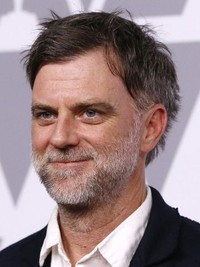Paul Thomas Anderson

From the debut of his short film "Coffee and Cigarettes" at the 1993 Sundance Film Festival, Paul Thomas Anderson firmly established himself as an auteur to watch. An ambitious film that focused on five characters interacting in a Las Vegas diner, "Coffee and Cigarettes" set the mold for his later films: multiple storylines, dazzling camerawork and a detailed emphasis on dialogue and character. Anderson was a brash and gutsy filmmaker who enjoyed tackling big themes - love, hope, family and redemption, all often combined in biblical fashion - while paradoxically allowing them to unfold intimately onscreen. Though his first feature-length movie, "Hard Eight" (1997), failed to connect with audiences and critics, Anderson planted himself on the Hollywood map for good with "Boogie Nights" (1997), a surprisingly affectionate, albeit dark, look at the porn industry, as seen through the eyes of an eager and ambitious rising star. He followed this breakthrough success with the polarizing ensemble drama, "Magnolia" (1999), and the wistful romantic drama, "Punch Drunk Love" (2002), both of which underscored the fact that Anderson was at the top of his game. But with his Oscar-nominated epic "There Will Be Blood" (2007), Anderson took a giant leap forward that planted him firmly in the company of Hollywood's most elite filmmakers. Anderson's next several films, religious cult tale "The Master" (2012), first-ever Thomas Pynchon screen adaptation "Inherent Vice" (2014), and 1950s-set fashion drama "Phantom Thread" (2017), proved Anderson to be one of the most eclectic and original filmmakers of his generation.